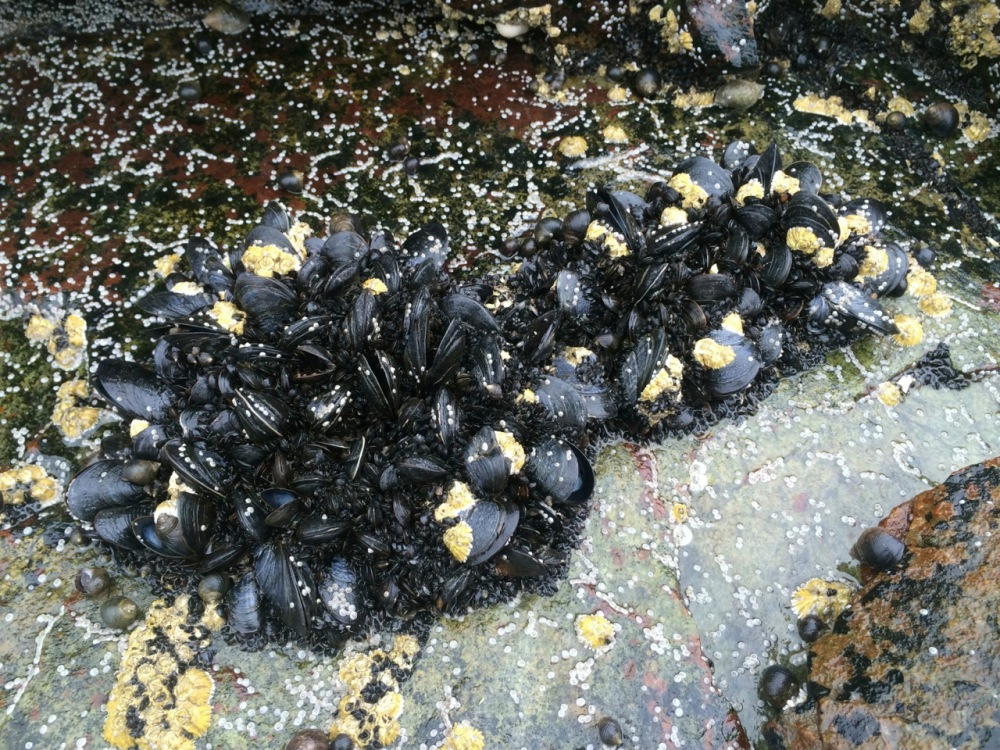Mussels don’t have noses, but two Maine scientists believe the dark shellfish rely on smell when choosing where to set up their homes.
The scientists say they have discovered that mussels use their ability to detect odor as very young larvae. They swim toward odors from adult mussels and away from odors from predators such as crabs, the scientists said.
Scott Morello, a visiting researcher at the University of Maine Darling Marine Center in Walpole, said he found that mussel larvae can recognize and respond to a broad range of odors when they decide where to settle in the wild.
He said exactly what part of the mussels is able to receive smells is unclear, but they likely learned to respond to odors through evolution due to years of being hunted by animals such as green crabs and dog whelks. And they can do this despite lacking a brain or cognitive ability, he said.
“They can smell, for all intents and purposes,” Morello said. “They are doing everything they can so they don’t end up settling near a predator.”
Morello and Phil Yund, senior scientist at the Downeast Institute for Applied Marine Research & Education, conducted the research. It was published in the Journal of Experimental Marine Biology and Ecology in its July 2016 issue, which is out now.
The mussels show the same behavior in aquaculture settings, the scientists said. Mussels typically settle on hard surfaces, like rocks, in the wild.
Stephen Archer, a biogeochemist with Bigelow Laboratory for Ocean Sciences who was not involved in the study, said it’s common for even very primitive organisms to react to chemical cues, like odor, in the ocean and coastal environments.
“A lot of organisms in the ocean react to these cues and use them to make choices to navigate,” Archer said. “There’s a lot of information there.”
Send questions/comments to the editors.


